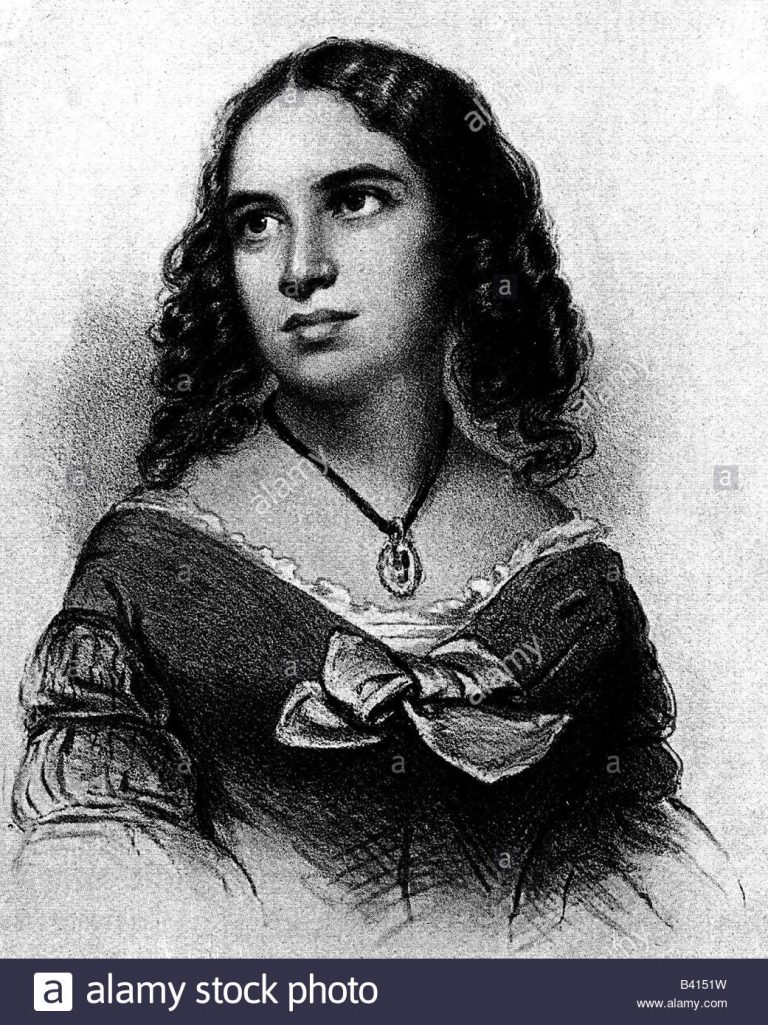Fanny Hensel (1805-47)
Pianist; Composer

Works published by MoV
Gebet in der Christnacht (SATB)
Gebet in der Christnacht (SATB)
Fanny Hensel (b. 1805–47)
German pianist and composer Fanny Hensel was the eldest sister and confidante of Felix Mendelssohn. Born in Hamburg, she was taught to play the piano by her mother, who in turn had been taught by a student of J.S. Bach. A prodigious talent, she is said to have memorized J.S. Bach’s Well-Tempered Clavier by the age of 13. In 1820 she and her brother were enrolled in the Sing-Akademie in Berlin, directed by the composer Carl Friedrich Zelter. Zelter was so impressed by her that he wrote a letter to Goethe claiming that, ‘This child really is something special.’ Her father, however, was less enamoured with his daughter’s talent. In a letter in 1820, he warned her that, ‘Music will perhaps become his [Felix’s] profession, while for you it can and must be only an ornament.’ Whilst her younger brother received public acclaim, Fanny Mendelssohn remained in the shadows. Married in 1829, Hensel only made her performance debut in 1838, at the age of 33, when she performed Felix’s Piano Concerto No.1.
Hensel was also a prolific composer: she composed approximately 500 works, including pieces for piano, lieder, chamber music, cantatas and oratorios. However, most of her surviving works exist only in manuscript. The few works of hers that are in print were published under her brother’s name: six of her songs form part of Felix Mendelssohn’s Twelve Songs. A notable example is her song Italien, which caused some embarrassment in Buckingham Palace when Queen Victoria told Felix Mendelssohn that she would sing her favourite of his songs and began to sing Italien. It was not until 1846 that Hensel, aged 40, published her first work in her own name.
In 2010 experts discovered that Easter Sonata (1828), which had been attributed to Felix since the 1970s, was actually by Fanny Mendelssohn. It had its first performance under her name on International Women’s Day, 8th March, 2017.
©MoV 2020